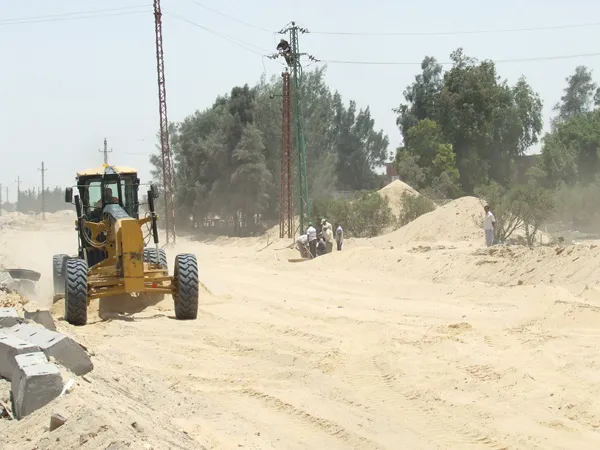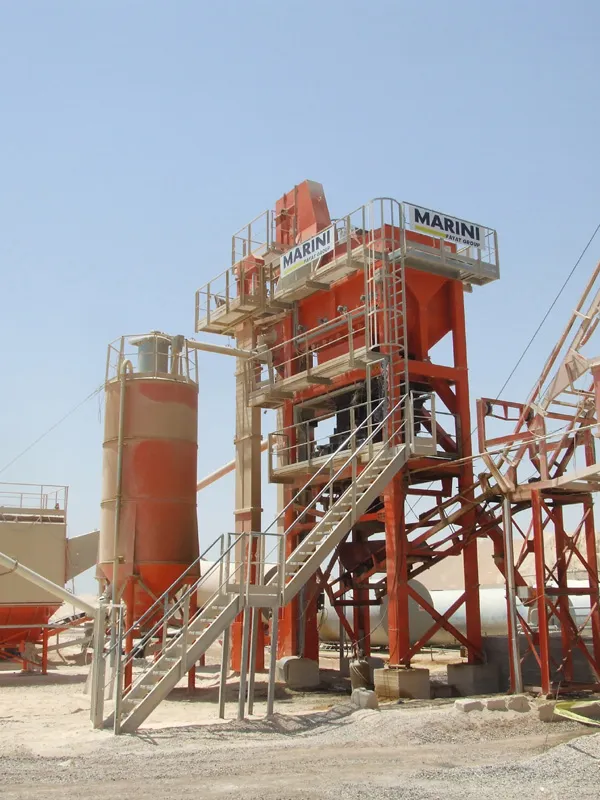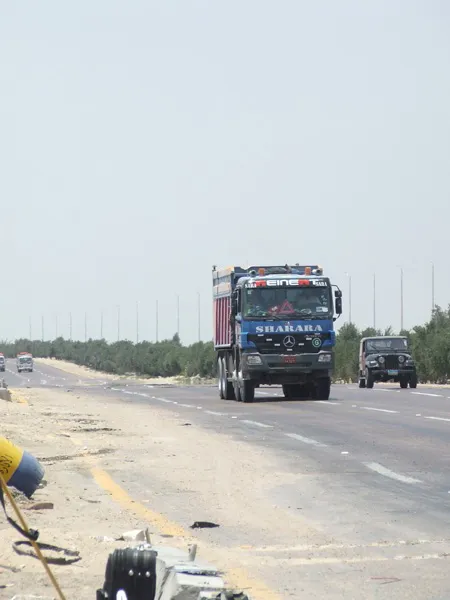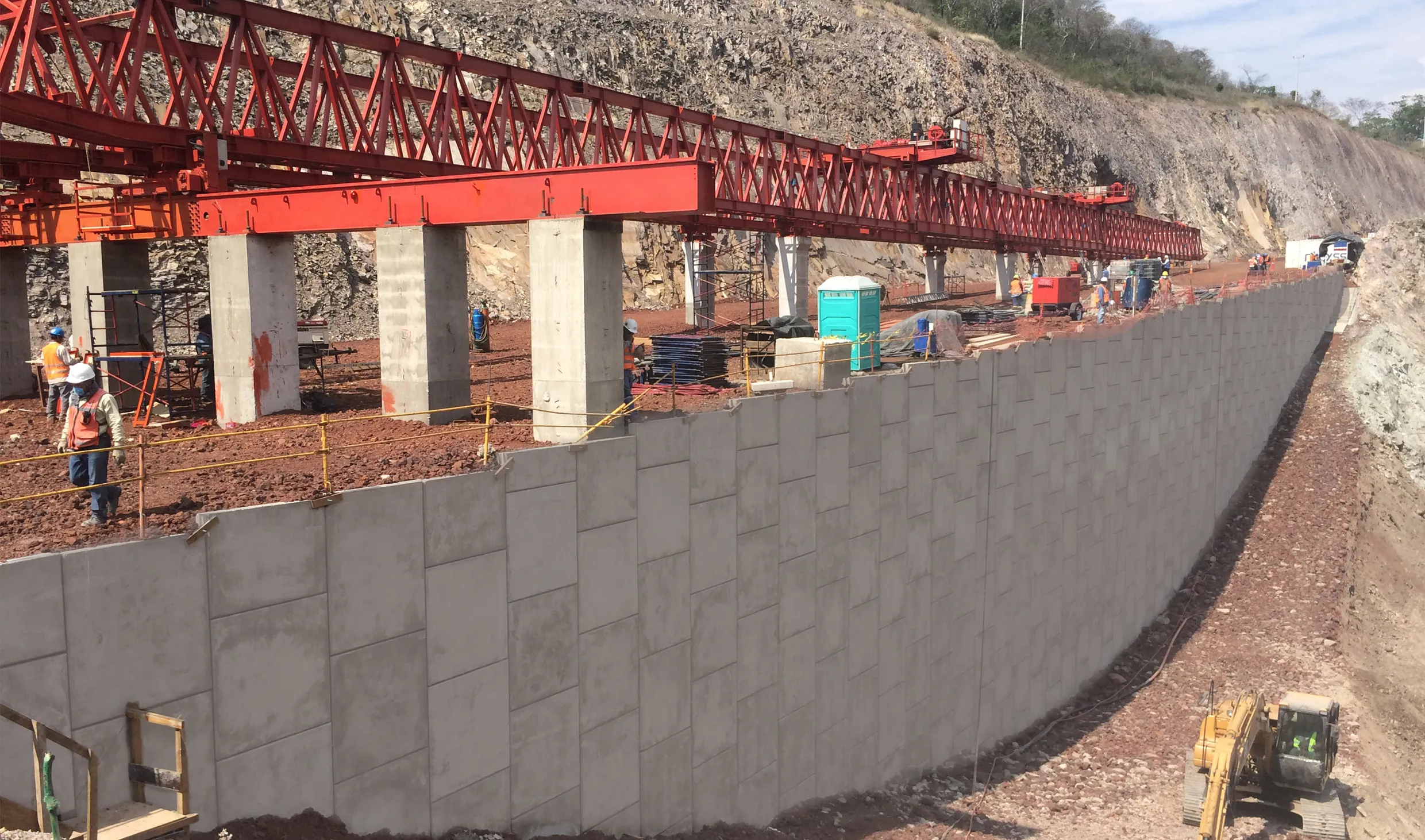Working in a rainforest area can be challenging, but in a rural area outside of Kuching in East Malaysia, a road construction crew was able to carry out a project successfully
One of the biggest challenges came from the moisture levels as the area has an average annual rainfall of 4200mm. The saturated soil complicates the construction process on many levels, including stabilisation and compaction.
However this heavy moisture content in the soil is a constant for Geocrete Specialist crews, which handl
October 3, 2014
Read time: 2 mins
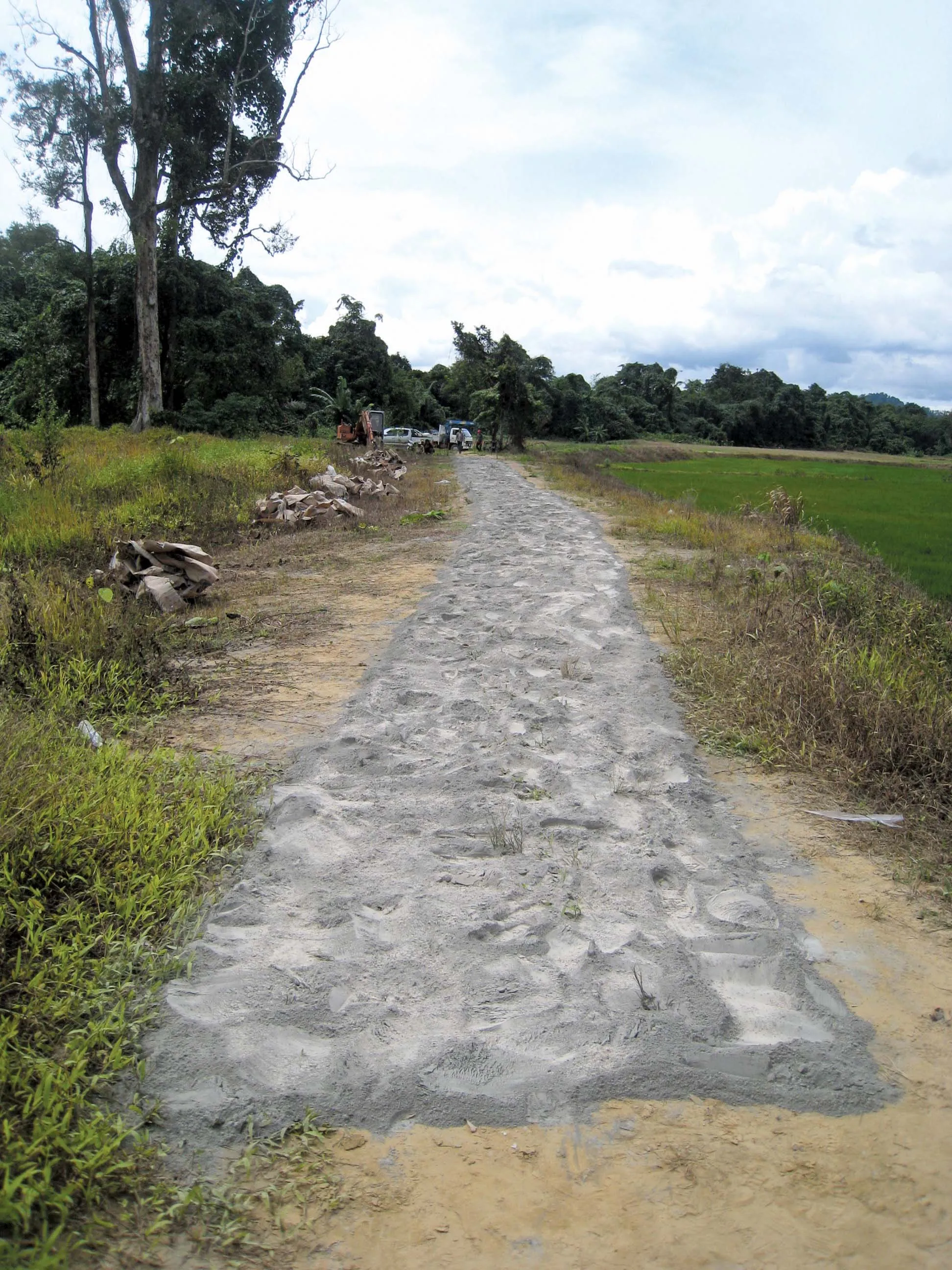
Working in a rainforest area can be challenging, but in a rural area outside of Kuching in East Malaysia, a road construction crew was able to carry out a project successfully
One of the biggest challenges came from the moisture levels as the area has an average annual rainfall of 4200mm. The saturated soil complicates the construction process on many levels, including stabilisation and compaction.
However this heavy moisture content in the soil is a constant for Geocrete Specialist crews, which handles road building work in the area. There is seldom time for the soil to dry, as there are 247 rainy days per year. In addition, Kuching receives only five hours of sunshine each day, making the soil heavy for the crews.
Geocrete Specialist handles all aspects of road building, but specialises in stabilisation. That specialisation led the company to recently purchase a reclaimer, with plans to put it to work on a rural road outside Kuching, the capital city in the state of Sarawak in East Malaysia. Geocrete Specialist also has projects to complete in the city. That means its178 Caterpillar RM500 Road Reclaimer has to be sufficiently versatile to overcome moist soil conditions during stabilisation, while also being able to adjust to projects requiring reclamation of asphalt roads.
The company recently took on a 1.7km job, which required the reclamation of about 1000tonnes of material. The existing asphalt surface varied between 50-75mm. The RM500 was required to make a pass at a depth of 280mm. The machine proved productive and easy to operate and the reclaimed material was graded and compacted. Between three and five vibratory passes were typically required for the soil to reach its target density. The compactor worked close to the reclaimer, with only 5m separating the machines at times. Asphalt was then placed on top of the compacted and graded soil.
The Cat dealer was able to help with service needs, having first advised Geocrete Specialist on selecting a properly-sized machine for its needs. Later, trainers from Caterpillar and the Cat dealer also provided classroom lessons and even helped on the jobsite when the machine was first put to work.
One of the biggest challenges came from the moisture levels as the area has an average annual rainfall of 4200mm. The saturated soil complicates the construction process on many levels, including stabilisation and compaction.
However this heavy moisture content in the soil is a constant for Geocrete Specialist crews, which handles road building work in the area. There is seldom time for the soil to dry, as there are 247 rainy days per year. In addition, Kuching receives only five hours of sunshine each day, making the soil heavy for the crews.
Geocrete Specialist handles all aspects of road building, but specialises in stabilisation. That specialisation led the company to recently purchase a reclaimer, with plans to put it to work on a rural road outside Kuching, the capital city in the state of Sarawak in East Malaysia. Geocrete Specialist also has projects to complete in the city. That means its
The company recently took on a 1.7km job, which required the reclamation of about 1000tonnes of material. The existing asphalt surface varied between 50-75mm. The RM500 was required to make a pass at a depth of 280mm. The machine proved productive and easy to operate and the reclaimed material was graded and compacted. Between three and five vibratory passes were typically required for the soil to reach its target density. The compactor worked close to the reclaimer, with only 5m separating the machines at times. Asphalt was then placed on top of the compacted and graded soil.
The Cat dealer was able to help with service needs, having first advised Geocrete Specialist on selecting a properly-sized machine for its needs. Later, trainers from Caterpillar and the Cat dealer also provided classroom lessons and even helped on the jobsite when the machine was first put to work.


